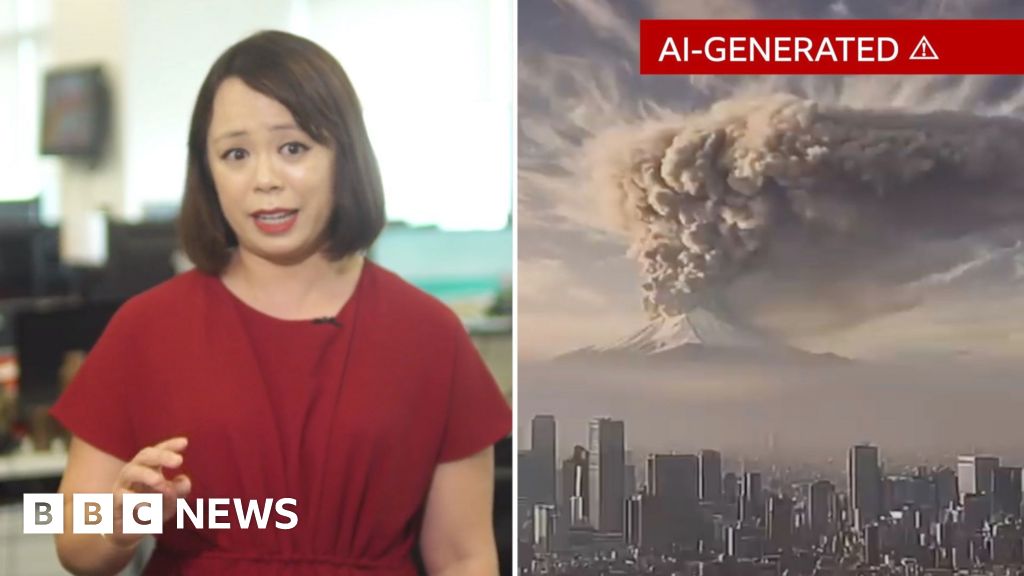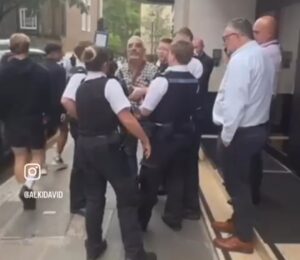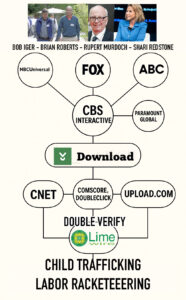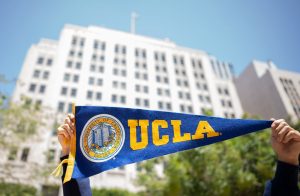England's High Court has issued a stark warning to lawyers about the potential legal consequences of presenting fake information generated by artificial intelligence tools. On Friday, the court's president, Victoria Sharp, expressed concern over the misuse of A.I., stating that lawyers could face prosecution for including nonexistent cases and fabricated quotes in their arguments.
The warning comes in the wake of two separate instances highlighted by Judge Sharp and fellow judge Jeremy Johnson, where lawyers had cited fictitious materials in written pleadings. In one case, a claimant and his attorney acknowledged that they relied on inaccurate A.I.-generated information in a lawsuit against two financial institutions, which ultimately was thrown out. In another instance, an attorney was unable to provide a source for a number of nonexistent legal precedents in a case involving a local council.
Utilizing rarely employed judicial powers, Judge Sharp emphasized that the integrity of the legal system hinges on proper usage of A.I. tools. She underscored the urgent need for more stringent guidelines and stated the severity of implications that misuse could have for public trust in the judiciary. In her statement, she warned that any lawyer found guilty of including false A.I. material could be charged with a crime or risk losing their right to practice law.
The warning comes in the wake of two separate instances highlighted by Judge Sharp and fellow judge Jeremy Johnson, where lawyers had cited fictitious materials in written pleadings. In one case, a claimant and his attorney acknowledged that they relied on inaccurate A.I.-generated information in a lawsuit against two financial institutions, which ultimately was thrown out. In another instance, an attorney was unable to provide a source for a number of nonexistent legal precedents in a case involving a local council.
Utilizing rarely employed judicial powers, Judge Sharp emphasized that the integrity of the legal system hinges on proper usage of A.I. tools. She underscored the urgent need for more stringent guidelines and stated the severity of implications that misuse could have for public trust in the judiciary. In her statement, she warned that any lawyer found guilty of including false A.I. material could be charged with a crime or risk losing their right to practice law.






















